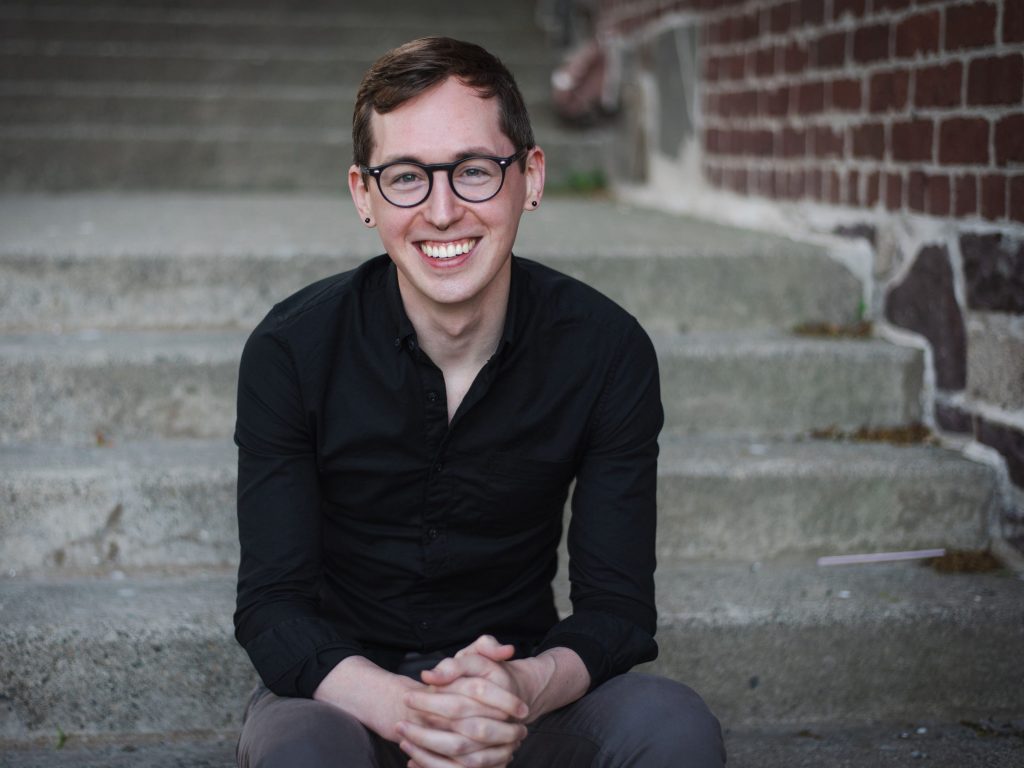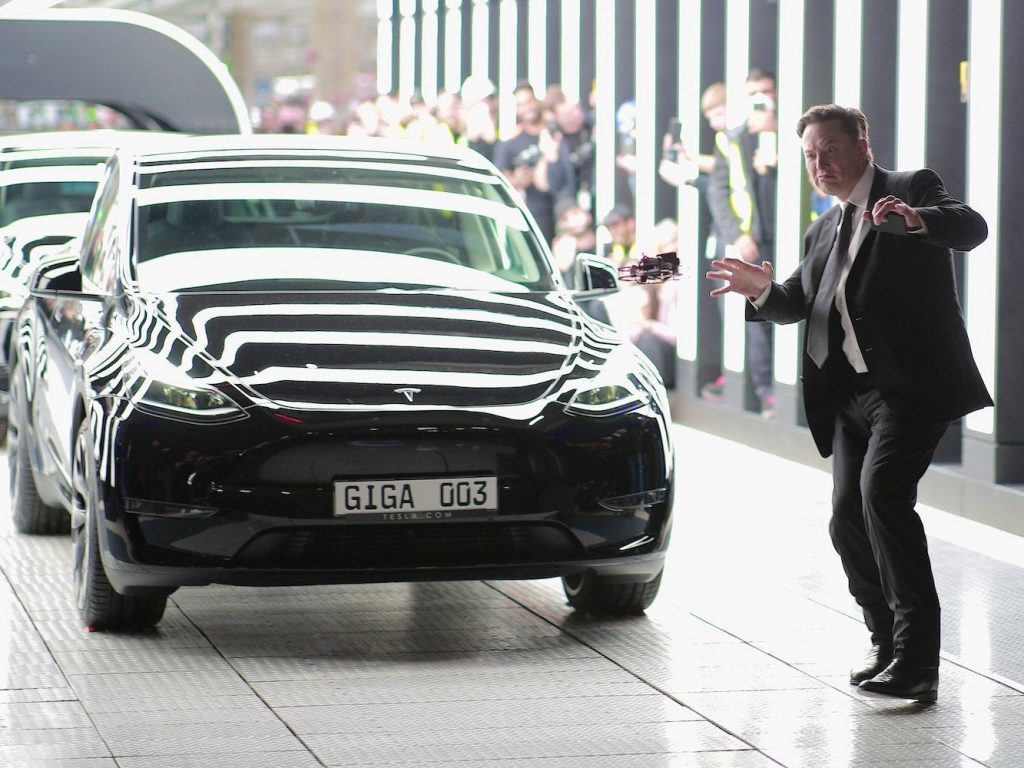- Society can't trust Elon Musk or Silicon Valley to improve transport, said author Paris Marx.
- Musk is styled as future-maker in a way that benefits him but not society, he told Insider.
- Marx wrote 'Road to Nowhere: What Silicon Valley Gets Wrong About The Future of Transportation'.
Governments and the public should not trust Silicon Valley billionaires like Elon Musk when they promise to solve climate change and to improve transport systems, according to author and transport researcher Paris Marx.
Musk is "a really narcissistic self-interested billionaire who is trying to push a particularly naive idea of what the future should look like onto the public," Marx told Insider in an interview following the publication last month of his book "Road to Nowhere: What Silicon Valley Gets Wrong About The Future of Transportation".
It explains how automakers and Silicon Valley disruptors continue to promote technology as the sole solution for inner-city traffic and climate change, in a way that does little to help society, Marx believes.
He argues that switching to an electric Tesla Model 3 might be far cleaner than driving a petrol car, but its batteries have their own environmental impact and do not solve the problem of traffic or road deaths — a topic far less talked about.
Flying taxis may sound cool, and help people move around more efficiently than helicopters, but will create noise pollution and need a complex remodeling of infrastructure to make them work.
Marx highlights that neither example is anywhere near being feasible as a mass market solution, yet companies continue to promote them as such for their own benefit, while governments continue to believe them.
This is where Musk in particular has been "really pernicious" in Marx's opinion. Through Tesla, Musk pushes the idea that electric cars are the solution to transport emissions, and that computers should drive cars instead of humans, he said.
"If we're thinking about what a sustainable transportation system looks like, it's about getting people out of cars all together," he said.
"Elon Musk's contribution in this space is in part to tell us that we don't need better public transit. He's even said that public transit is unsafe, inconvenient - that you could be sitting next to a serial killer."
Musk did make that claim at a 2017 tech conference, but later clarified his views, pointing out that while he loved public transport, it did not fully solve the issues caused by traffic in many major cities.
Uber shows why Silicon Valley can't be trusted to improve transport

Marx started writing about cities and transportation in 2015, and has a masters degree in urban geography, with a specific focus on Silicon Valley's proposals for the future of transportation.
Uber is the case in point for Marx's argument, whose conversation with Insider comes weeks after the publication of the "Uber Files", a trove of 124,000 documents leaked by a former Uber lobbyist.
The documents show how executives dismissed driver safety concerns, paid academics to write positive studies and blocked potentially incriminating data from law enforcement to bypass labor laws.
"[Uber executives are] the type of people who would benefit from this kind of service, who are pushing it on the public, even as it's eroding workers rights, making traffic in cities worse and having all these other negative consequences," Marx said.
One of the reasons that tech companies like Tesla and Uber have been so successful at selling these visions is that they present technology as the solution, he argues. However, actually delivering the reinvestment in rail systems, better cycling infrastructure and sustainable transport Marx believes is needed requires political action and commitment.
"People can join organizations to help try to pressure governments to make those sorts of changes, instead of just being distracted by Ubers and autonomous vehicles and whatever other ideas the tech industry throws at us that don't actually solve any problems."

